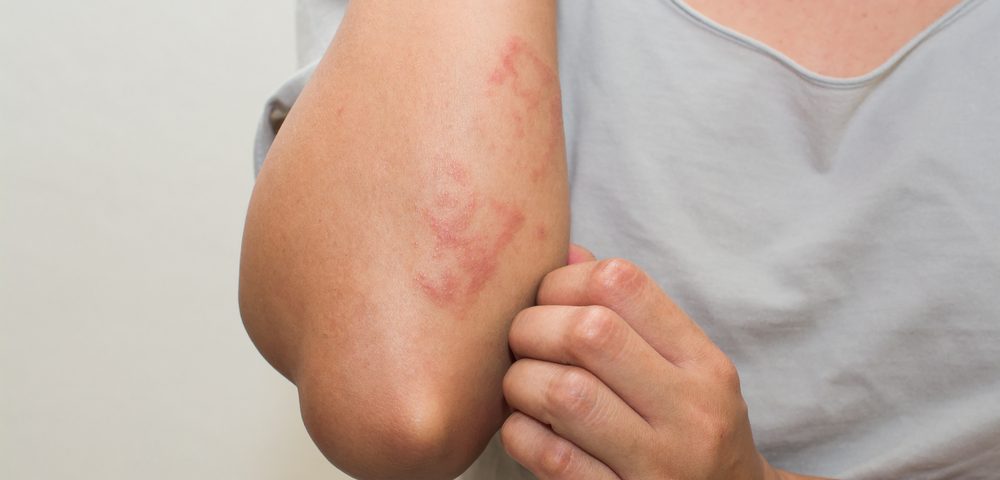Many of us have experienced joint pain but we don’t know about the outline reasons why this pain occurs. When a person experiences joint pain, he/she relates it to osteoarthritis and arthritis but that’s not the case always. Below are the 6 things that can cause joint pain.

Reaction Of Medicines

Obviously, medicines are made to treat but not all of them. Many antibiotics like penicillin react and add to your agony. While commenting on this, the president of the American Academy of Pain Medicine, Lynn Webster, said that when you take antibiotics, your body initiates an inflammatory antibody response.
He further said this is the thing that distinguishes them from the rest of the medicines. When you start taking antibiotics, the effects pop up all over the body. You can start feeling irritation, skin rashes and may have red eyes.
If ever you start feeling joint pain with these symptoms, consult your physician as soon as possible. Also, ask your doctor to compare your body reaction before and after these symptoms.
Gout Could Be Another Reason
Another major cause of joint pain is uric acid. When a patient has increased uric acid, it builds a crystal in the muscles which then causes inflammation. According to a research, those people are more prone to gout who have a family history of this disease. Gout first attacks toes as you often hear that people got a gout attack on toes but it can also attack other body parts like knees and ankles.
Studies show that men are commonly affected with gout but women aren’t completely safe. After 20 years of menopause, women start feeling gout attacks more often, said Webster. At that time, doctors took the fluid out from the joints and then confirm the gout diagnosis.
NSAIDS is the most common pain reliever that doctors recommend in such situation and it also clams down the inflammation level. But regular exercise can also do the trick for you in such a situation.
Sarcoidosis

If you have a healthy immune system, anything that is trying to make you sick fades away. But if a patient is suffering from sarcoidosis, this system faces an exception and the immune cells start clotting in different organs. Sarcoidosis is an inflammatory condition which can cause fever, wheezing, and fatigue in the body. According to a study published in 2010, one-fourth of the people suffering from sarcoidosis also had arthritis also known as joint pain. The study also stated that joint symptoms disappear within a few months and people get sweet relief. And those suffering from sarcoidosis arthritis, start feeling better within six months if they are taking NSAID.
Lyme Disease
Sometimes a little tick bite can cause a major problem and according to a study ticks having a particular bacteria cause Lyme disease. According to a study of American College of Rheumatology, if that type of tick bites you and the infections caused by that goes undiagnosed, it can soon spread all over the body and cause severe pain as well. In such conditions, joint pain, headache, and fever are common results. And Johns Hopkins researchers said that the symptoms persist even after the infection is treated. Those suffering from Lyme disease are five times more likely to have problems like joint pain as compared to those who never had the disease, the study pointed out further.
Fibromyalgia
Fibromyalgia can be triggered by many things and one of those is stress and women are more likely to face this painful condition. According to Webster, Fibromyalgia is an inflammatory condition in which the nervous system send pain signals all over the body. The pain caused by Fibromyalgia may well not be felt in joints but elsewhere as well. If you are facing other symptoms like a headache and fever with this condition, consult your doctor as soon as possible.
Bone Cancer
If you are feeling pain in your bones, there is a possibility that you are suffering from bone cancer. And it becomes worse when the patient is active or at night time. One important thing to keep in mind here is that symptoms of bone cancer are the same as of arthritis. And if joint pain pops up, don’t fear that you have cancer. And if the pain persists for more than 2 weeks, see your doctor.




